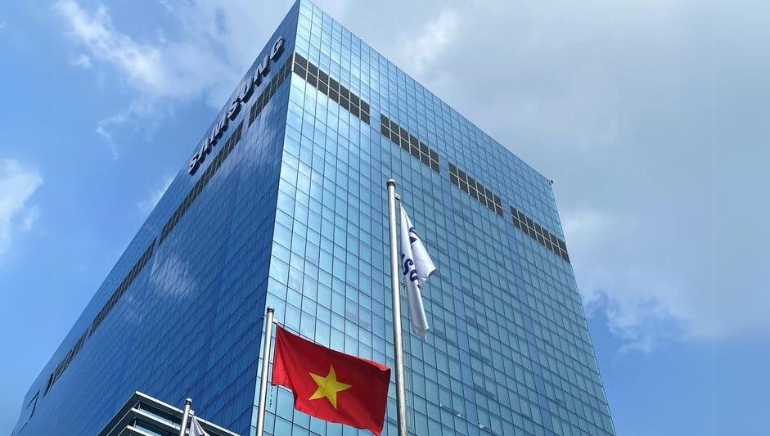Vietnam intends to ratify the UN’s Free Trade Union Convention this year, aiming to prevent trade disputes but possibly unsettling some foreign firms. The move addresses labour rights concerns, crucial for its extensive trade partnerships.
Currently, Vietnam’s sole national union operates within the Communist Party framework. The country, a manufacturing hub hosting major international corporations like Samsung and Intel, heavily relies on commerce, surpassing its domestic economy by 160%.
By ratifying Convention 87, Vietnam aligns itself with global labour standards. While government officials have not confirmed the timeline, the International Labour Organisation expects Vietnam’s commitment to be ratified by October 2024.
Missed deadlines have implications; Canada, with over $10 billion in trade, may pursue sanctions under the Comprehensive and Progressive Agreement for Trans-Pacific Partnership. The EU, with bilateral trade exceeding $65 billion in 2022, sees Convention 87 as crucial for compliance.
While empowering unions may discomfort some companies, including major investors like Samsung, it strengthens labour protections. The government plans to raise the minimum wage by 6% in July, adding to previous increases, and to impose higher taxes on large multinationals.
Despite concerns about union empowerment and wage increases, experts predict a minimal impact on foreign investment. As a result, Vietnam is resilient to changes in labour regulations beyond its cost competitiveness.















